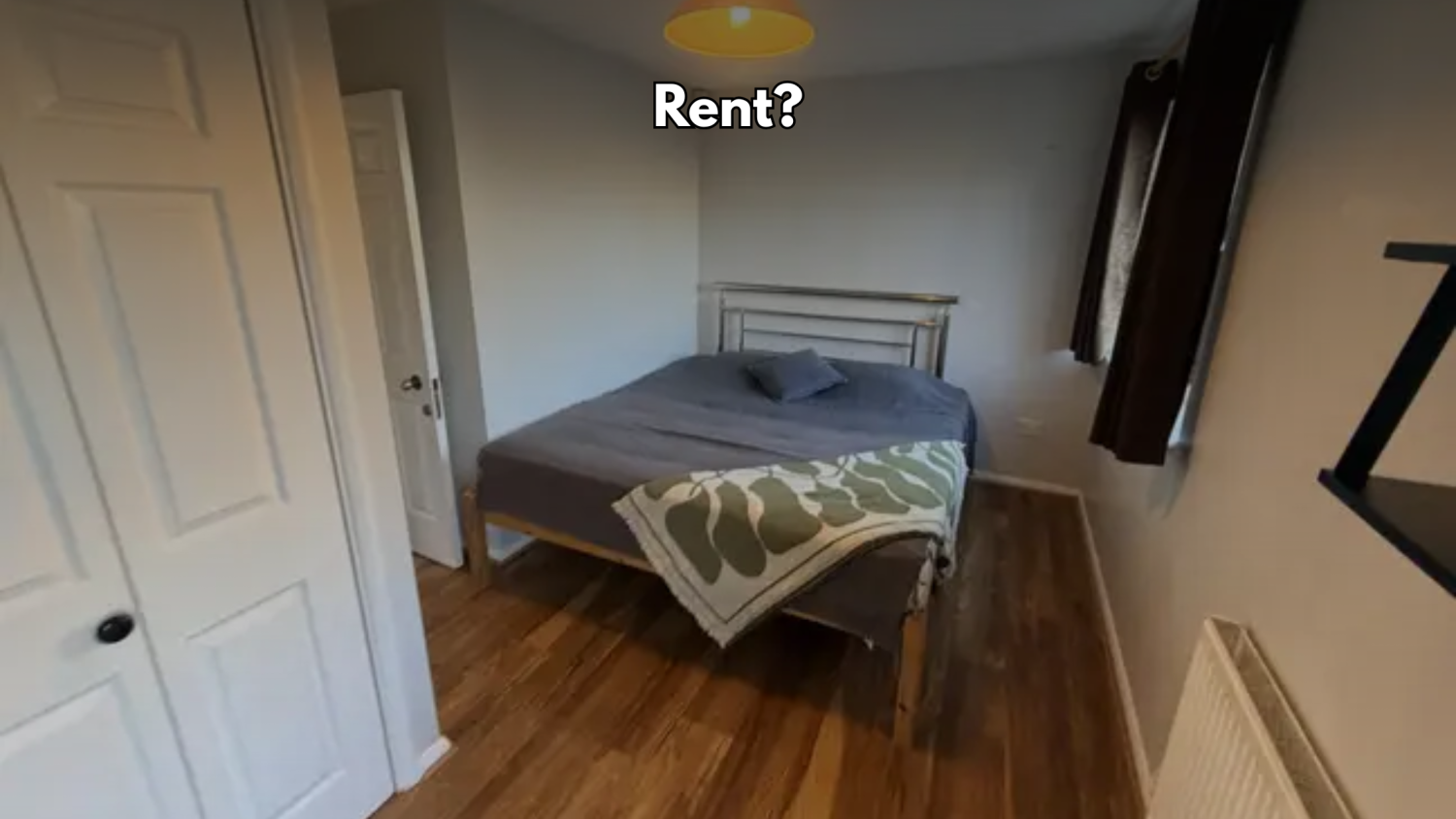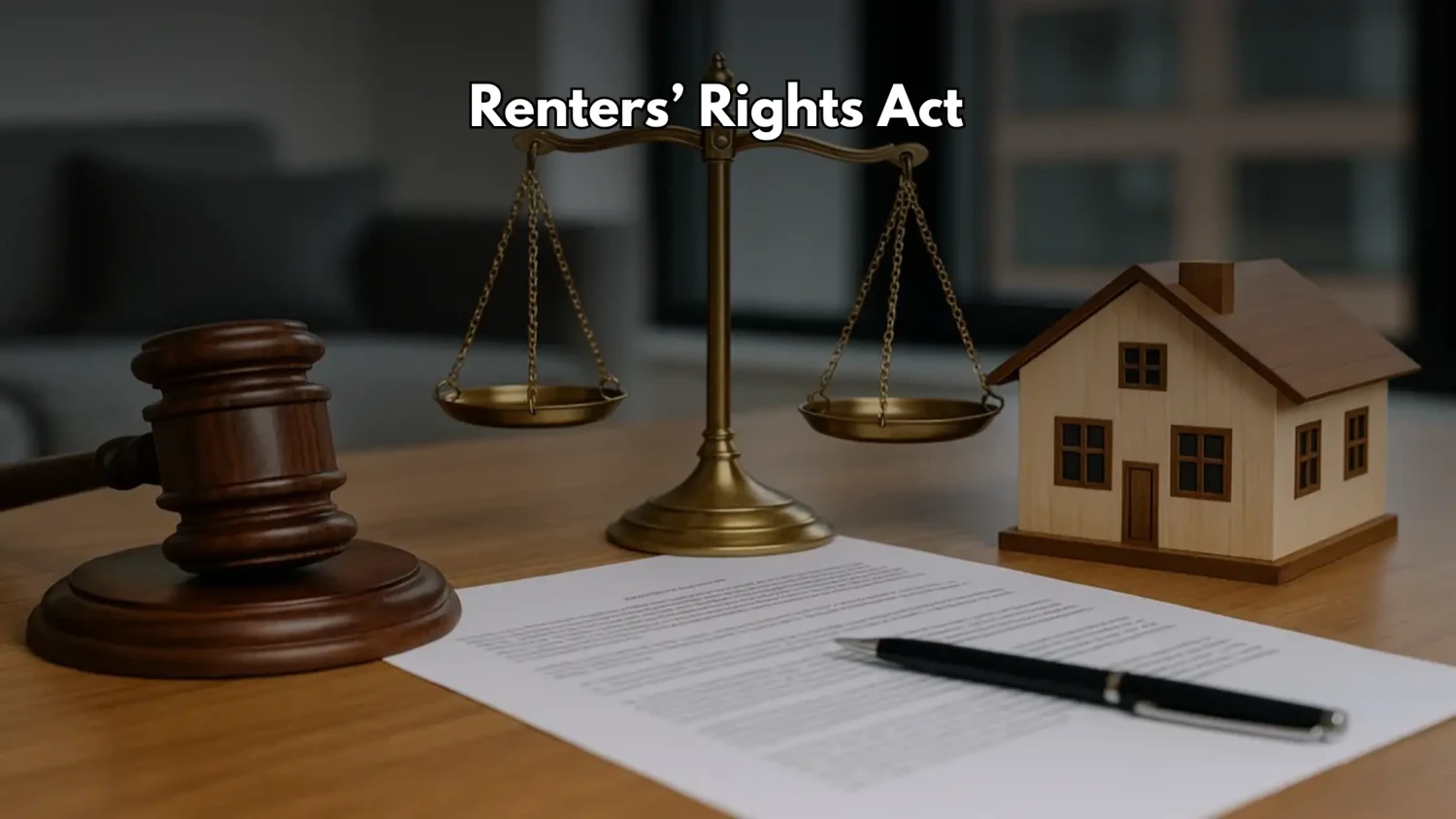
Renting a house in UK can get little challenging specially with your furry ones. Most renters are met with “No pets” warning from the very start and leaving with a doubt whether it’s even legal or not. But in reality the rules and regulations around this matter are evolving and becoming more pet-friendly by passing the renter’s right bill.
As of now landlords can refuse pets legally in most private rented flats/apartments.
A tenancy is a legally binding document. If it states “no pets” one must have to follow any action against it could be considered as breach of tenancy
Let’s see few acts passed for the tenants’ rights
Consumer Rights Act 2015: This Act states that contract terms must be fair and transparent. Some legal experts argue that a blanket ban on pets in all cases could be considered unfair, especially if it doesn’t take into account individual circumstances.
It’s still not a guaranteed act.
Model Tenancy Agreement: In 2021, the UK government updated its Model Tenancy Agreement the recommended template for private landlords in England. The new version removed the automatic “no pets” clause.
Instead, tenants can request permission to keep a pet, and the landlord must respond in writing within 28 days, giving a valid reason if they want to refuse.
Equality Act 2010: Landlords cannot refuse assistance animals, such as guide dogs or hearing dogs. Doing so would be classed as discrimination against a disabled person.
Tenant Fees Act 2019: Under this Act, landlords cannot charge additional “pet fees” or deposits that exceed the legal deposit cap.
However, they can increase the rent slightly to cover potential wear and tear caused by pets as long as it’s done transparently and agreed upon in the tenancy contract.
Leasehold and Building Restrictions: In some flats or managed buildings, the superior landlord may have rules banning pets. Even if your landlord personally allows pets, they might be legally unable to override these higher-level restrictions.
When can a landlord reasonably refuse pets?
There can few reasons for which landlords can refuse pets
- The property isn’t suitable.
- Allergies or other medical conditions to other flat mates.
- The pet has a history of damage or nuisance.
- The building’s lease prohibits pets.
Proposed Reforms: The Renters’ Rights Bill
The government's Renters' Rights Bill (2024–25) will revolutionize renting legislation. One of its most tenant-friendly aspects relates to pet ownership.
According to the law laid out
- Tenants will be able to claim a pet in their residence under law.
- Landlords will need to consider making the change and may not unreasonably deny.
- Landlords have 28 days to make a decision.
- They will be able to request tenants to take out pet insurance to pay for any damage.
If enacted, this would represent a significant change — providing pet owners with greater security and limiting discrimination against pet owners in the rental market.
Tips for Tenants Who Want to Keep Pets
Even with existing legislation, most landlords are willing to negotiate.
Here's what you can do to increase your chances
- Request prior to signing the contract. Always insist on written authorization.
- Supply a "pet CV." Put in your pet's breed, vaccination certificate, and previous landlord references.
- Take out pet insurance it is a sign of responsibility and a way of safeguarding both you and your landlord.
A polite, professional approach often works better than assuming a refusal.
What Tenants Can Do if Refused
If your landlord refuses without valid reasons you can:
- Contact the Private Rented Sector Ombudsman.
- Seek advice from Citizens Advice or Shelter.
- Challenge unfair terms under the Consumer Rights Act 2015.
Final Thoughts
Currently, UK landlords are allowed to exclude pets but things are shifting. The government's Renters' Rights Bill and Model Tenancy Agreement are both designed to bring a more equitable balance about, whereby decent pet owners are not precluded from renting accommodation automatically.
If you’re a tenant, be proactive, transparent, and respectful in your request. And if you’re a landlord, remember: saying “yes” to pets can open the door to more loyal, long-term tenants and a happier renting experience for everyone.









